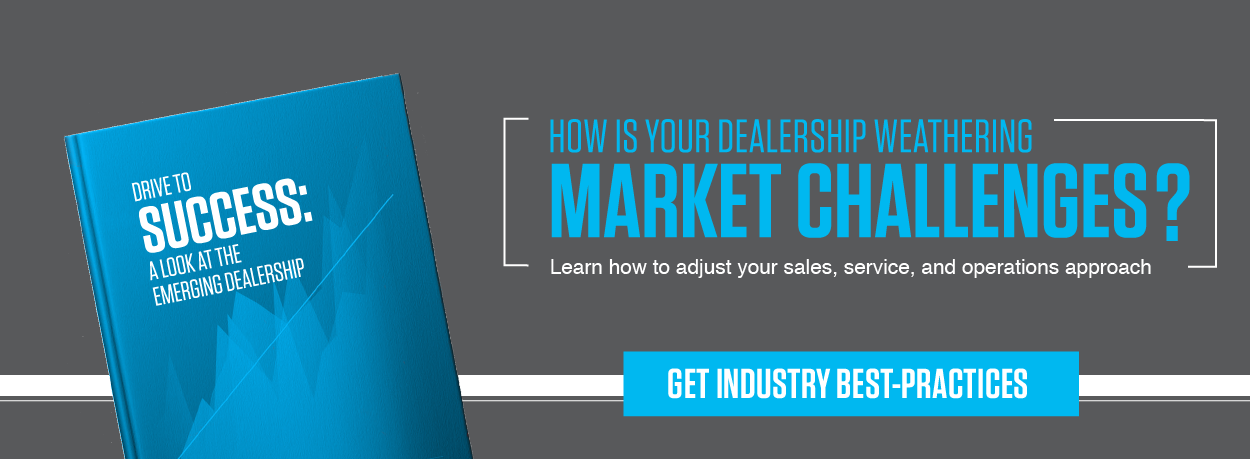The automotive industry faces high turnover, employee burnout, and staffing struggles that cost dealerships more money than most realize. Considering most employees reach their highest level of productivity at three years on the job, it’s disheartening to learn the average employee tenure rate at most dealerships is as low as 18 months. Dealertrack DMS AVP of Operations, John Grace, reached out to Van Horn Auto Group’s leadership team to learn the secrets of their high employee tenure rate. In their conversation, Chief Financial Officer Tom Stocco discusses Van Horns’ innovative hiring practices and unique strategies. Here are five valuable takeaways from the conversation, which was recorded and is available to watch anytime here.
Those Annual Reviews Should Really Be Daily Reviews
The saying goes, “Culture eats strategy for breakfast.” According to Tom Stocco, if you’re focused too much on the strategy of people management, and not on the culture of where actual people are working, those annual reviews are not going to work out for you. Instead, Tom recommends managers check in daily to get a pulse on the team’s satisfaction with their role and their workload. Checking in once a year is, sadly, too little, too late.
When Hiring, Tell The Story Of Your Dealership
When a candidate is interviewed at Van Horn Auto Group, transparency is key. Tom suggested that dealerships make an effort to tell the story of their dealership. Where did you come from and where are you going? What are your goals and aspirations as a company? Let the candidate know, and be upfront, because this will tell them more about your culture than you know. And, speaking of culture…
It Shouldn’t Take A Personality Test To Learn About Someone Sitting Across From You
Tom and his team threw out the personality tests a long time ago and instead opted to go with trust. According to Tom, it hasn’t always worked out. However, it feels more honest. Having multiple people within the dealership meet and interview each candidate, and giving each person the benefit of their full attention and time, is part of their culture.
Make Your Dealership Family A Priority
Investing in your employees needs to be more than lip-service. Company picnics and parties are nice, but your dealership needs to do more to prioritize their people. At Van Horn Auto Group, the leadership knows employees work harder for companies who actually care about them. Van Horn wants to see their team become successful long-term, and to prove it, they’ll pay half of the tuition cost for their employees to get a college degree. They also have serious focus on creating community, with shared experiences, within the dealership.
“Everything that we’ve done has focused on creating shared experiences and building a family.” – Tom Stocco, CFO of Van Horn Auto Group
Technology Is Critical Today. Embrace it!
Technology can, and should, bring knowledge to the transaction, to the customer, to your entire sales experience. If you aren’t making training and learning opportunities mandatory for your staff, you’re making a mistake. Reach out to your vendors and ask for additional training if you feel that your team would benefit from it. The bottom line is that dealerships spend a lot of money on technologies, and if you’re unable to optimize it, you’re hurting your employees.
In addition to these valuable takeaways from John Grace and Tom Stocco, you can view the full webinar on-demand here.




